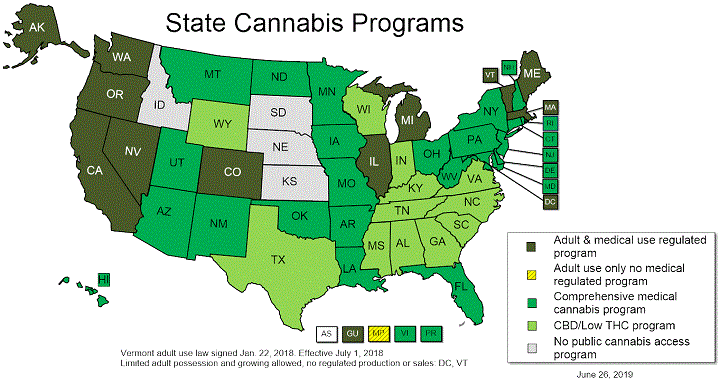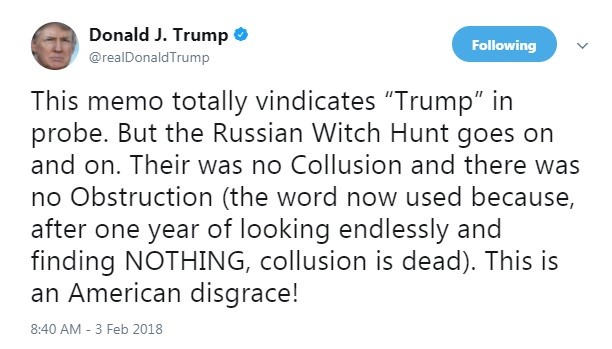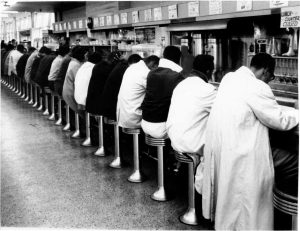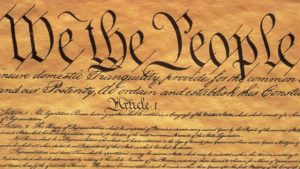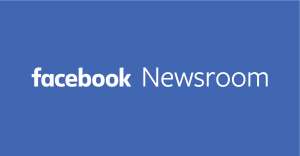 Facebook is once again changing the media landscape. The social media giant has announced it is creating Facebook News, a new section of content available that will feature a variety of different news articles.
Facebook is once again changing the media landscape. The social media giant has announced it is creating Facebook News, a new section of content available that will feature a variety of different news articles.
The stories will come from outside sources, not Facebook employees and will use algorithms to deliver personalized recommendations for further reading. News Corp, The Washington Post, Bloomberg, BuzzFeed News, the Los Angeles Times, CBS and Fox’s owned-and-operated local stations are the first media outlets to provide content.
Not everyone is impressed by this announcement.
“It’s great that Facebook is willing to pay The New York Times and Washington Post, among other national news organizations,” Larry Gilbert, Jr., the audience engagement editor for the Sun Journal newspaper in Lewiston, Maine told CNN.com. “But while the tech giant is doing that, newspapers in smaller markets across the country are closing up shop and every day more of America is becoming a news desert.”
There is no doubt the landscape of news is changing. Local newspapers struggle to survive leaving communities with little or no information on what is taking place.
The Pew Research Center reports 71% of U.S. adults think their local news media are doing well financially. However, the study also revealed 41% of Americans say they prefer getting their local news via TV and the 37% prefer it online which is dramatically different to those who favor a printed newspaper or the radio (13% and 8%, respectively).
All of this does not bode well for local newspapers. According to an Associated Press analysis of data compiled by the University of North Carolina, 1,400 cities and towns across the U.S. have lost a newspaper over the past 15 years.
Much like other media industries, local ownership is fading with companies like Gatehouse Media Inc. (the nation’s largest newspaper company) buying up the mom and pop shops. Many of these large newspaper companies are owned by hedge funds or other investors who have no interest in anything other than the bottom line.
While print maybe out of fashion, one still hopes that local communities can take advantage of and even embrace new media to keep citizens up to date on news that have a direct impact on their lives. Perhaps it might even be Facebook News.


